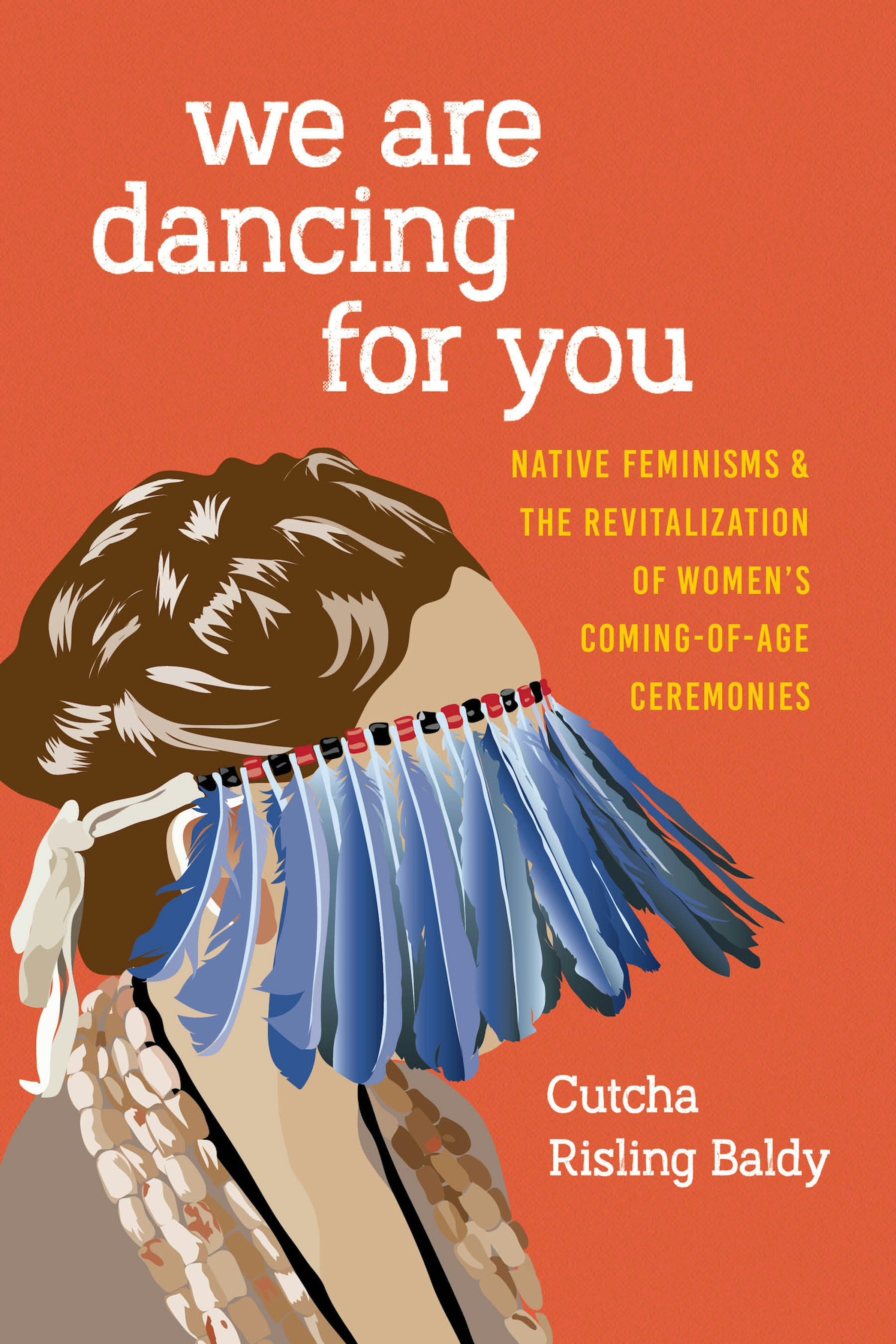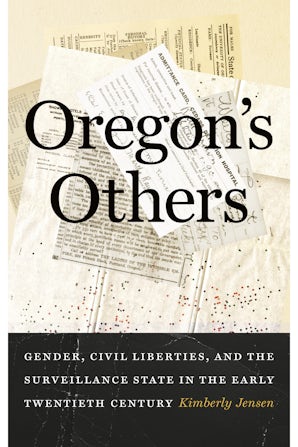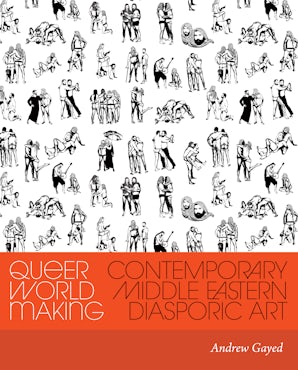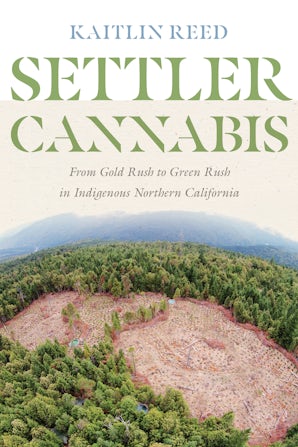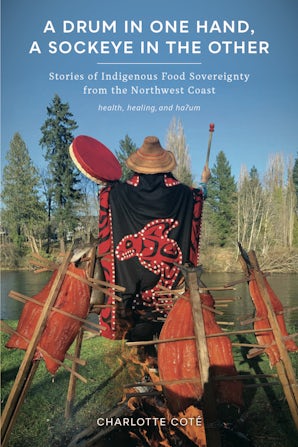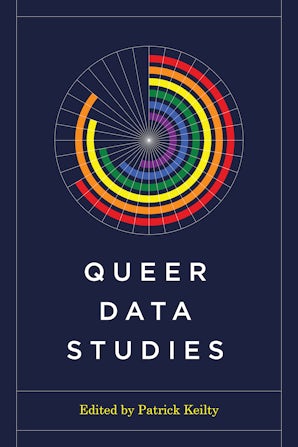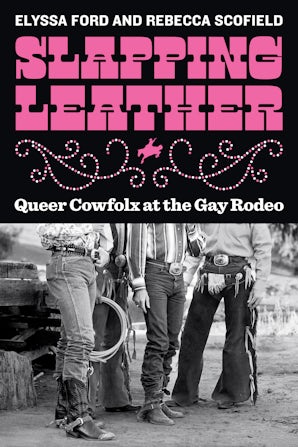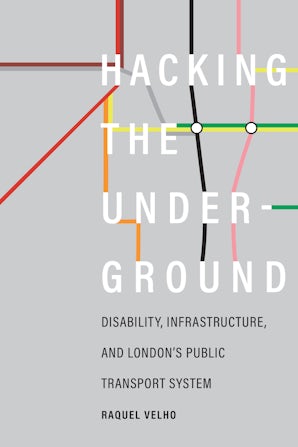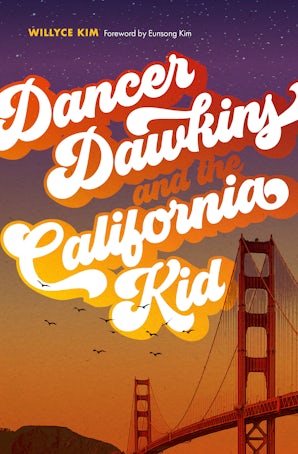"A truly significant contribution to the field exploring Indigenous approaches to menstruation and the meaning of womanhood. That it is grounded in the particular culture of the author makes it all the more valuable and unique."
-
Kim Anderson, author of Life Stages and Native Women: Memory, Teachings, and Story Medicine
"I am in awe . . . Risling Baldy’s interventions into the field are many and absolutely necessary. We Are Dancing for You is located in a place, in the lives of a community where the voices of individual women are heard, as is the author’s. [This book] locates its authority in community knowledge and language. It pushes back against the outside, primarily white male ethnographic professional as authority."
-
Dian Million (Tanana), author of Therapeutic Nations: Healing in an Age of Indigenous Human Rights
"Part meticulous research, part spiritual journey, and fully in the heart of cultural re-invention, We Are Dancing for You does work that cherishes, educates, celebrates, and enriches our future generations with the knowledge that yes, our bodies are the archive, and the archive is alive and singing."
-
Deborah A. Miranda, (Ohlone Costanoan Esselen Nation / Chumash), author of Bad Indians: A Tribal Memoir
"Cutcha Risling Baldy’s research on the Hupa flower dance is important feminist and Indigenous scholarship as she is not only approaching the subject as a key insider, but she is also exploring what it means in the larger continuum of Hupa epistemologies and ontologies. While this could easily and beautifully linger in the ethnographic realm of scholarship or in the more common California Indian Studies sphere of examining the devastating consequences of colonization and genocide in California, Ms. Baldy instead magnificently pushes the analysis further by developing a Hupa feminist methodology. She models the political possibilities in reviving the dances that are geared especially toward woman. This tribally specific work and her analysis reaches beyond Northern California and into other Indigenous groups who are working to decolonize structures by regaining healthy gendered elements of tribal life and activist work. These insights are key to our understandings of cultural production, gender, and revitalization and vital to understanding solutions for California Indian communities."
-
Mishauna Goeman, (Tonawanda Band of Seneca), author of Mark My Words: Native Women (Re)mapping Our Nations
